CBD Articles, CBD in Japan
The legality of CBD oil in Japan
The legality of CBD oil in Japan is not contested, it is considered safe and currently authorized for sale in Japan. However, there may be some stigma or uncertainty surrounding this dietary supplement, as CBD oil is derived from the Hemp plant.
In an effort to quash any erroneous rumors that may be floating around regarding the legality of CBD oil in Japan, this article will explain the drug laws relating to plants from the cannabis family, import laws regarding medicines and supplements and finally, the legal ramifications of CBD hemp oil in Japan.
Japan’s Drug Laws
The hemp plant has a long and rich history in Japan. Records of hemp go as far back as the Jomon Period. It is tied deep within Shinto practices and used to make rope, weapons and clothing.
During World War II, cannabis was a considered a war material and therefore a highly valuable commodity. Ropes and parachute cords were made from hemp and therefore paramount to Japan’s war efforts. However, after Japan’s defeat in 1945, the Cannabis Control Act was instigated in 1948 by the reigning US powers to enforce their outlook of cannabis and any related products.
Even today, this law is currently enforced with heavy financial penalties not to mention more severe punishment. Deportation and even lengthy jail time can result from possession and unlicensed cultivation of cannabis.
The Cannabis Control Act (1948)
Article 1 of the Cannabis Control Act states, “‘Cannabis’ as relating to the cannabis plant (Cannabis Saitva L.) and its products; provided, however, that the grown parts of the cannabis plant and its products (excluding resin.) and the seed of the cannabis plant and its products are excluded.”
Basically this means the plant itself, leaves and any products derived therefrom are prohibited in Japan. However, the stalk itself and related products are permitted. CBD oil is derived from the parts of the cannabis plant, and it contains no Tetrahydrocannabinol (THC).
THC is the chemical that is responsible for giving cannabis its psychoactive quality. The active ingredient in CBD oil is Cannabidiol (CBD) which is said to have a wide range of health applications from providing relief for epilepsy, to fibromyalgia and many other medical ailments.
Therefore, as it is derived from the stalk, the legality of CBD oil in Japan is not questioned under the Cannabis Control Act.
The Pharmaceutical Affairs Law 1960
Also known as The Pharmaceutical Affairs Act is legislation that regulates the manufacture, import, and sale of drugs and medical devices. In 2000, the law was amended to structure drugs into a risk classification system, similar to the United States, the European Union, Australia and Canada. This gave certain vendors such as supermarkets and convenience stores the ability to sell OTC drugs.
The Compliance and Narcotics Division is responsible for regulating quality, labeling, testing, guidance, supervision, and control of drugs and narcotics of which cannabis (in the form of marijuana) is one. The Compliance and Narcotics Division comes under the umbrella of the Pharmaceutical and Food Safety Bureau (PFSB), which is a council within the Ministry of Health, Labour and Welfare (MHLW)
Importing medication and cosmetics to Japan for personal use
Firstly, to commercially import medication, you need a license from the Minister of Health, Labour and Welfare. Medication is subcategorized into drugs or quasi-drugs, cosmetics and medical devices.
Drugs: up to two months worth
- Poisonous drugs
- powerful drugs
- prescription drugs
Quasi drugs: up to two months worth
- restricted use
- Mild effects
- not categorized as a medical device
- for external use (e.g. eye drops)
Cosmetics: Up to 24 pieces
Medical devices:
- not for commercial use
There is a limit to the amount of the above you can bring into Japan under personal import and anything that exceeds 24 pieces requires an import certificate, known as a「約款証明」Yakkan Shōmei in Japanese.
Note: You cannot import cannabis containing any detectable THC or if it is derived from any part of the plant other than the stalk and seed.
Health Foods and Dietary Supplements
The legality of CBD oil in Japan is regulated under the banner of ‘health foods and dietary supplements’. As it is not considered a medicine, no claims can be made about its ‘healing qualities’. This system is not limited to CBD oil but all dietary supplements and health foods.
The system is in place to prevent misinformation and so as not to liken the efficacy of health foods and dietary supplements to that of pharmaceutical products. For this reason, CBD oil does not need a prescription, nor does it come under the Pharmaceutical Affairs Act.
To recap:
- Hemp has been used in Japan for centuries.
- After WWII, The US instigated the Cannabis Control Act in 1948.
- According to the CCA, the stem of the Cannabis Sativa plant and any products derived from the stem are legal in Japan.
- CBD oil is derived from the parts of the cannabis plant and is therefore a legally allowed product.
- CBD oil does not contain Tetrahydrocannabidiol (THC).
- THC is what makes marijuana a psychoactive drug.
- All illicit drugs are prohibited in Japan and result in the same severe penalties. Therefore, marijuana and heroine will both warrant the same punishment if you are found guilty of cultivation, possession or distribution.
- The Pharmaceutical Affairs Law dictates the manufacture, import, and sale of drugs and medical devices in Japan.
- Under the Pharmaceutical Affairs Law, drugs are classified under a tiered system.
- There are laws relating to the import of medication and cosmetics to Japan under personal use.
- CBD oil is considered a dietary supplement and comes under the ‘Health Foods and Dietary Supplements’ umbrella and is therefore NOT considered a pharmaceutical product and its efficacy cannot be described as such.


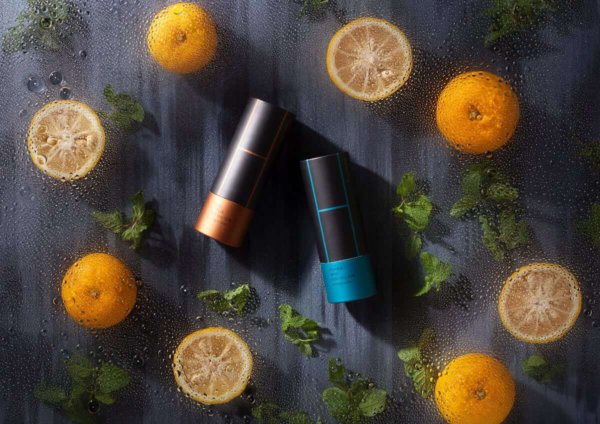
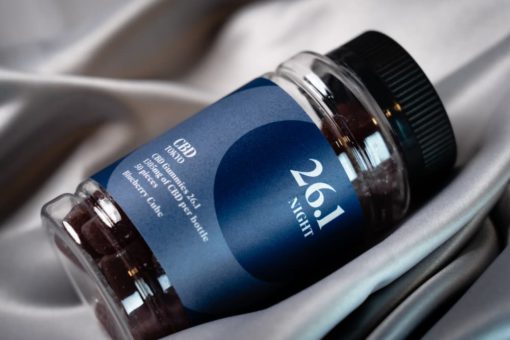

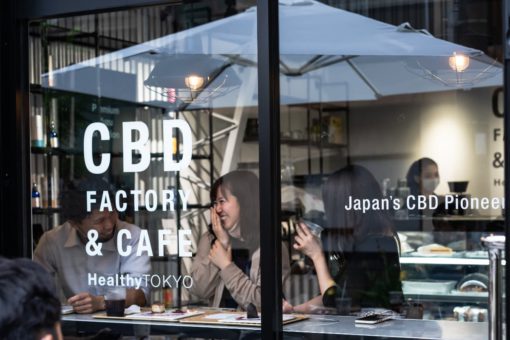
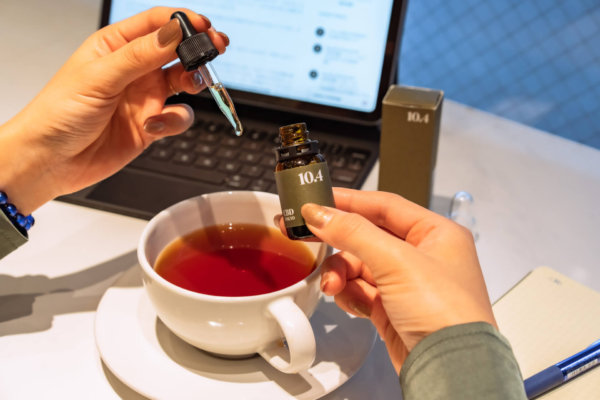
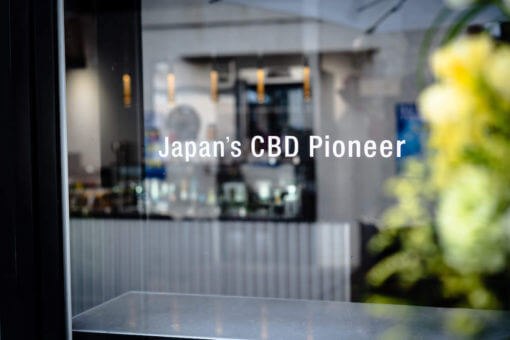
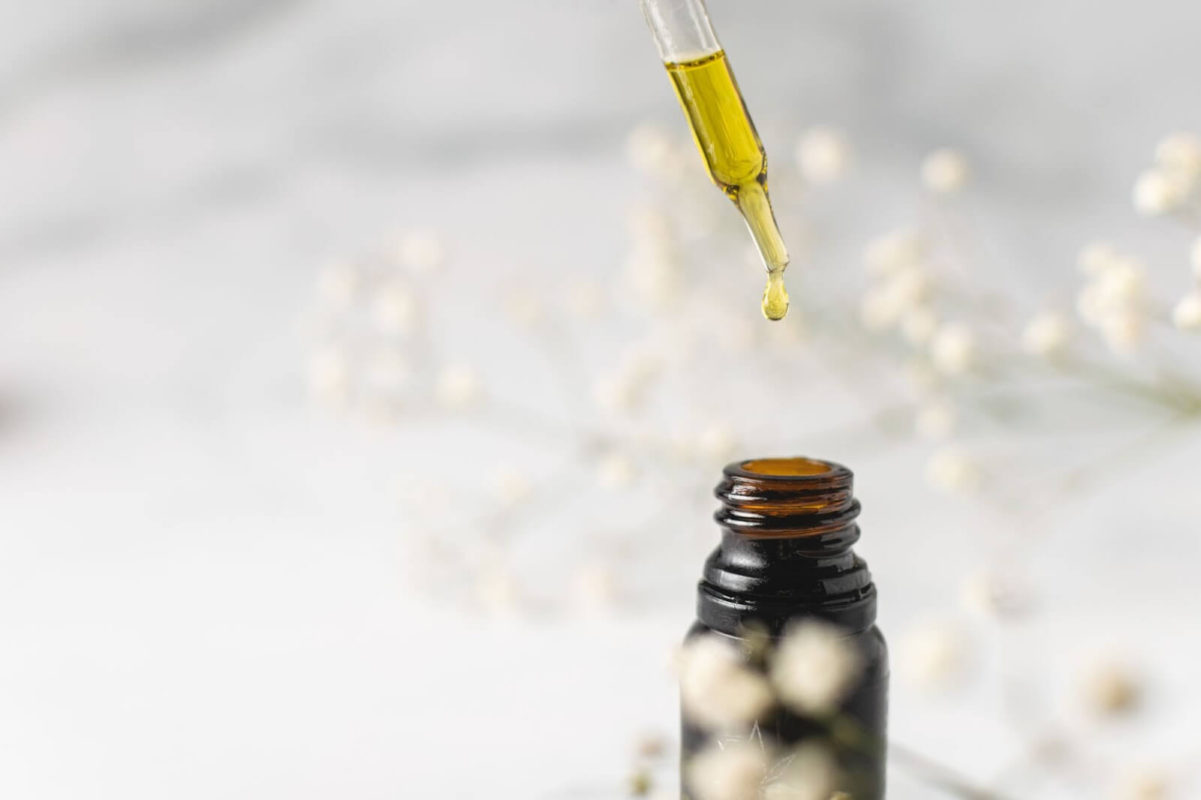

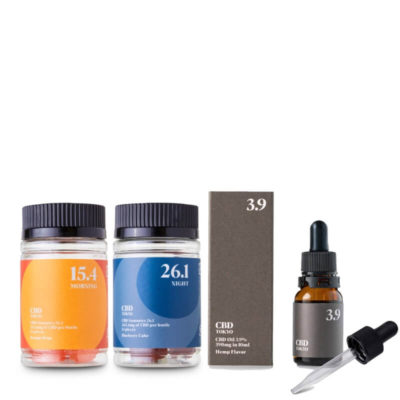

As a visitor to Japan, can I buy CBD/CBN oil as a sleep aid?
Can I bring CBD/CBN oil into Japan from USA? I use it as a sleep aid. Thanks
Hi, can I bring CBD/CBN oil into Japan from Australia? I use it to help me sleep and I also use creams which are a mix of hemp oil and essential oils – can I bring these? Thanks